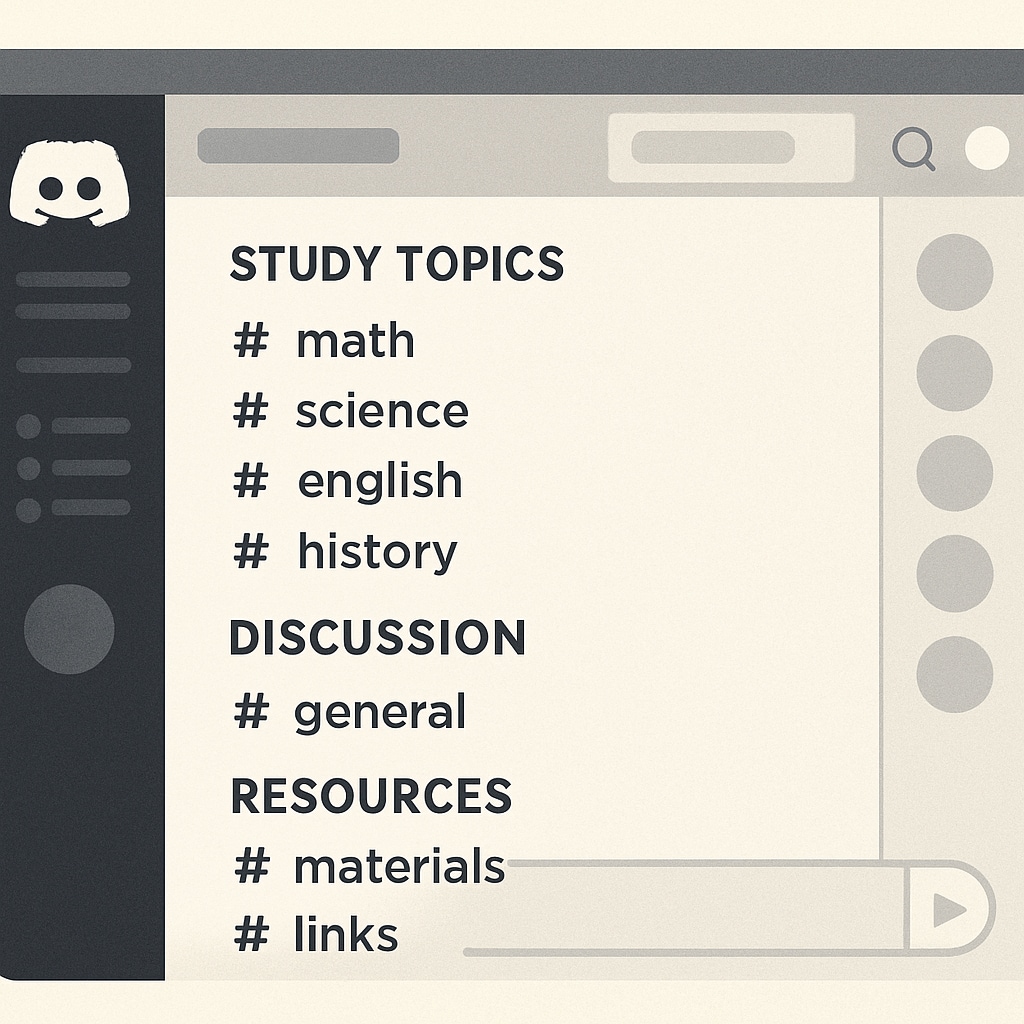For K12 education students at Houston University, finding effective ways to enhance their academic and professional journey is crucial. Leveraging study groups, online platforms like Discord, and university-provided resources can significantly improve the learning experience. These tools not only foster collaboration but also establish a sense of community, which is essential for future educators. In this article, we explore how to locate and utilize these resources, along with practical tips for building and joining professional networks.
Why Study Groups and Online Platforms Are Essential
Study groups have long been a cornerstone of academic success. They provide students with opportunities to collaborate, share knowledge, and clarify complex concepts. At Houston University, students in the K12 education program can form or join study groups to tackle challenging coursework together. These groups are often a mix of in-person and virtual meetings, making them accessible to a diverse student body.
Online platforms like Discord have revolutionized how students connect and collaborate. Originally built for gamers, Discord now supports educational communities with features like voice channels, text discussions, and file sharing. By creating or joining Discord servers tailored to their program, Houston University students can access peer support, resources, and real-time discussions.

Strategies to Build or Join Learning Communities
Joining or establishing a learning community can seem daunting, but it’s easier with a structured approach. Here are some effective strategies:
- Leverage University Resources: Houston University often hosts orientation events, academic workshops, and student organization fairs. These are excellent opportunities to meet peers and learn about existing study groups or clubs.
- Create a Discord Server: If you can’t find a suitable online community, consider creating your own. Start by inviting classmates, and gradually expand the group to include peers from other courses or programs.
- Utilize Social Media: Platforms like Facebook and LinkedIn often have groups for Houston University students. Search for education-specific groups to find like-minded individuals.
- Collaborate on Projects: Use group assignments as a foundation to build long-term study partnerships. These collaborations often evolve into professional connections.
By taking these steps, students can create a strong network that provides academic support and fosters professional growth.

The Long-Term Value of Educational Communities
Participating in study groups and online communities offers benefits beyond academic success. For future educators, these networks serve as a platform for professional development. Members can share teaching resources, discuss innovative methods, and provide feedback on lesson plans. Additionally, these relationships often extend into the professional world, creating opportunities for mentorship and collaboration.
For example, a student who actively participates in a Discord community may later find a job opportunity shared within that group. Similarly, study group members might collaborate on research projects or educational initiatives after graduation. As a result, these connections enhance both personal and professional growth.
In conclusion, Houston University offers a wealth of opportunities for K12 education students to enhance their learning experience through study groups and platforms like Discord. By actively engaging in these communities, students not only improve their academic performance but also build a strong foundation for their future careers. Whether you’re a current student or planning to join the program, taking advantage of these resources is a step toward becoming a successful educator.


